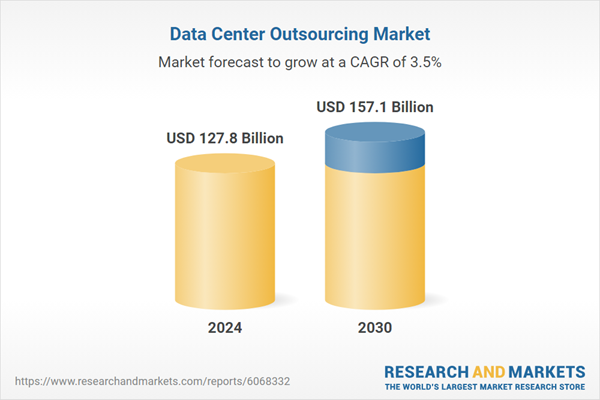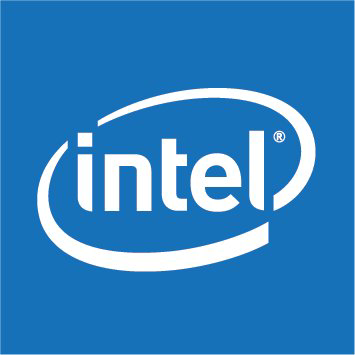
Data Center Outsourcing is Growing


Demand for Data Center Outsourcing is Rising
Data center outsourcing has become a critical strategy for businesses aiming to optimize costs, increase IT agility, and enhance infrastructure efficiency. The global data center outsourcing market, valued at 127.8 billion USD in 2024, is expected to reach 157.1 billion USD by 2030. This indicates a compound annual growth rate (CAGR) of 3.5% between 2024 and 2030.
Businesses are leveraging the advantages of expertise in cloud computing, on-premises data centers, and managed hosting by outsourcing data center operations to third-party providers, allowing them to focus on core business functions. The complexity of managing on-premises data centers and digital transformation is accelerating the demand for outsourcing solutions.
Businesses are prioritizing the reduction of capital expenditures (CapEx) related to data center construction and maintenance while benefiting from scalability and disaster recovery capabilities. The demand for hybrid IT environments supports outsourcing agreements that provide flexibility and security through the integration of on-premises, cloud, and local services. In their efforts to increase operational efficiency and achieve sustainability goals, companies are preferring data center outsourcing.
Factors Driving Market Growth
The growth of the data center outsourcing market is supported by increasing digitization, rising cloud adoption, and advancements in IT automation. Businesses are collaborating with outsourcing providers that offer end-to-end infrastructure solutions that optimize performance, security, and cost efficiency as they adopt service models.
Finance, healthcare, e-commerce, and public institutions are increasing their data center operations to meet compliance and scalability demands, addressing the need for outsourcing. The integration of AI-supported data center management and green energy solutions is boosting adoption rates. Furthermore, partnerships between data center providers and AI-powered IT management firms are continually providing innovation by enhancing service delivery.
Recent Innovations in Data Center Outsourcing
Technological innovations in data center outsourcing include AI-driven infrastructure management, software-defined data centers (SDDC), and automation-assisted service delivery. AI-supported predictive analytics help monitor IT performance, optimize energy consumption, and detect hardware failures in advance, thus reducing the risk of downtime.
Another critical innovation is the adoption of edge computing outsourcing, enabling businesses to build infrastructures closer to end users by partnering with data center service providers. Additionally, outsourcing providers are aligned with customer sustainability goals through renewable energy and carbon-neutral operations. Cloud-based disaster recovery services (DRaaS) and network function virtualization (NFV) are shaping outsourcing models by offering more resilient and cost-effective IT infrastructure solutions.
Increasing demands focused on cybersecurity, data privacy, and regulatory compliance are influencing outsourcing. Businesses are collaborating with data center providers that offer strong security frameworks, encryption, multi-factor authentication, and compliance with standards such as GDPR, HIPAA, and SOC 2. Moreover, emphasis is being placed on sovereign cloud solutions to meet local data residency requirements and mitigate geopolitical risks.
Market trends indicate that organizations are moving towards multi-cloud and hybrid IT outsourcing, providing customized infrastructure solutions. As businesses increasingly turn to AI, IoT, and big data analytics, outsourced data centers are evolving to support high-performance computing workloads. Additionally, strategic collaborations between enterprises and hyperscale cloud providers (Amazon Web Services, Microsoft Azure, Google Cloud) are influencing outsourcing contracts and offering tailored solutions.
```.png)
Yakında Tüm Platformlarda
Sizlere kesintisiz haber ve analizi en hızlı şekilde ulaştırmak için. Yakında tüm platformlarda...





.png)